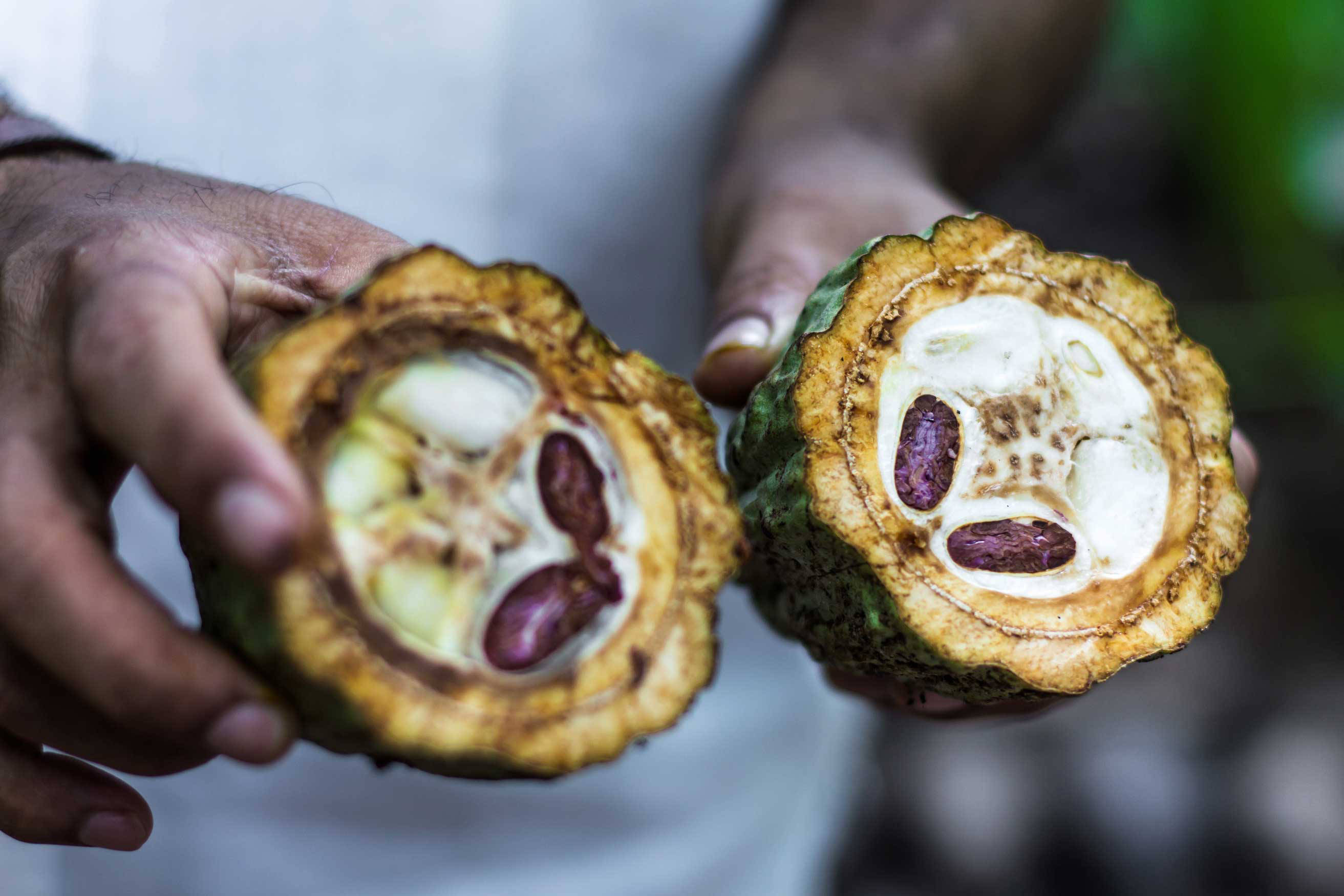
Coffee and Cocoa
Most of the world’s coffee and cocoa is grown by small-scale farmers and cooperatives. We partner with organizations like Fairtrade, Fair Trade USA and Rainforest Alliance to work with farmers to promote sustainable and ethical practices while working to source our cocoa and coffee commodities from farms that follow specific social and environmental standards.
Our Coffee & Cocoa Goals
We aim to increase the overall number of responsibly sourced products.
- 100% of our Simply Nature-branded coffee products come from certified sources.
- All of our exclusive ALDI brand chocolate bars and confectionary are certified sourced.
- We are the second-largest private label purchaser of Fair Trade USA coffee.
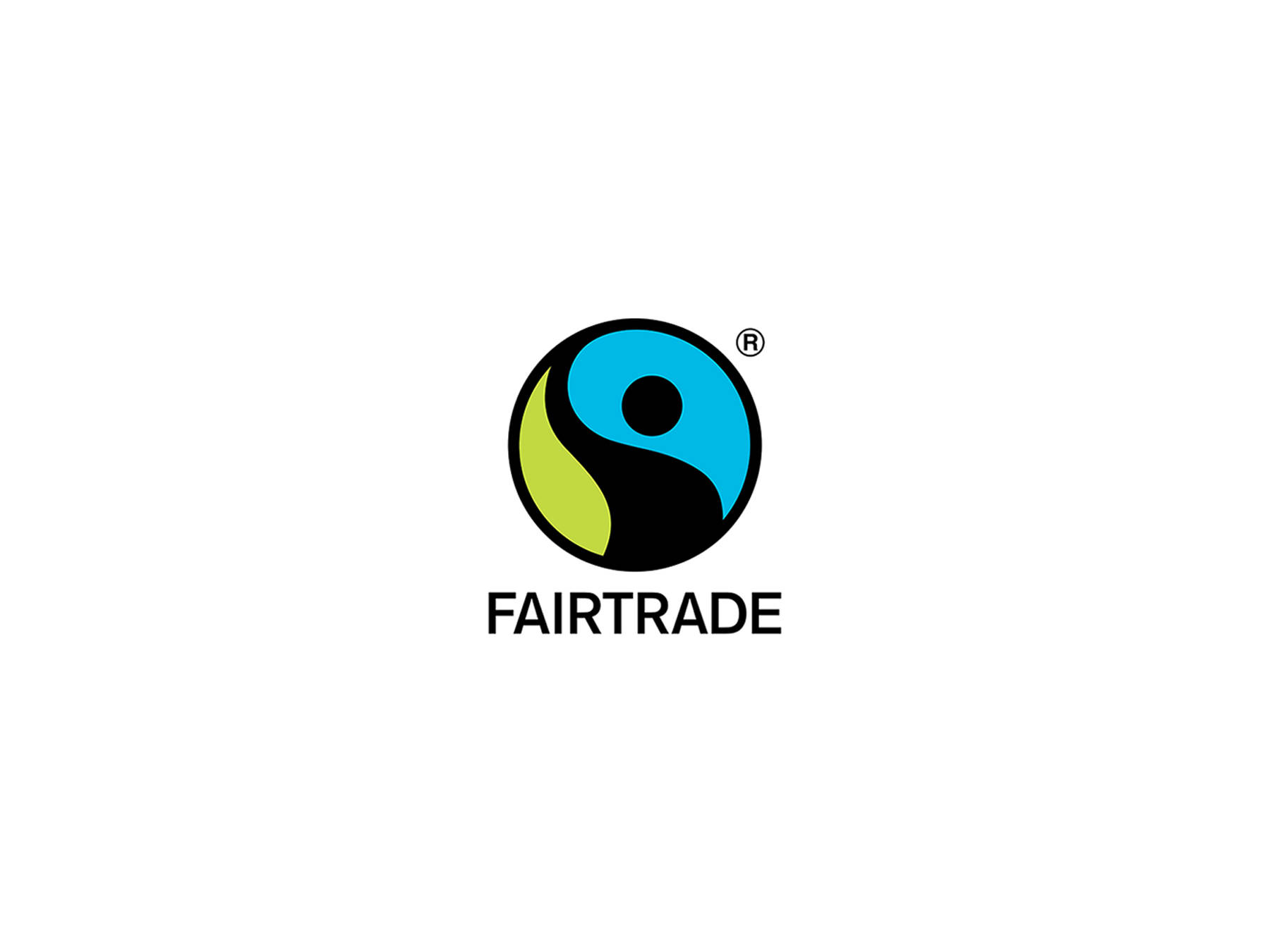
Fairtrade is a system of certification that advocates for farmers to be appropriately compensated while educating them on how to build sustainable businesses that positively impact their community and the environment.
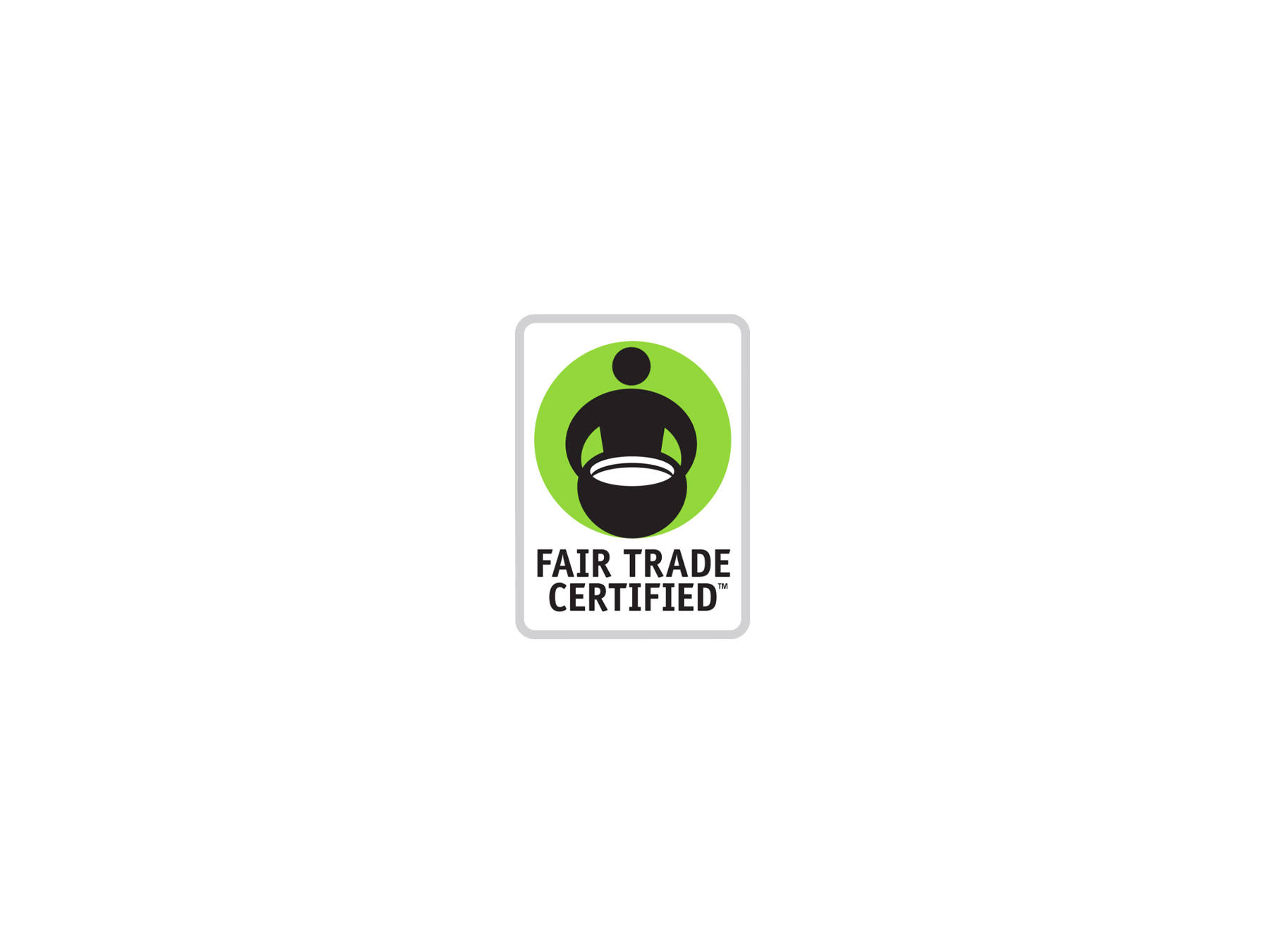
Fair Trade USA is an independent, third party certification organization that betters the lives of farmers and workers in developing countries by helping businesses implement ethical production practices and assisting shoppers in making informed purchasing decisions.
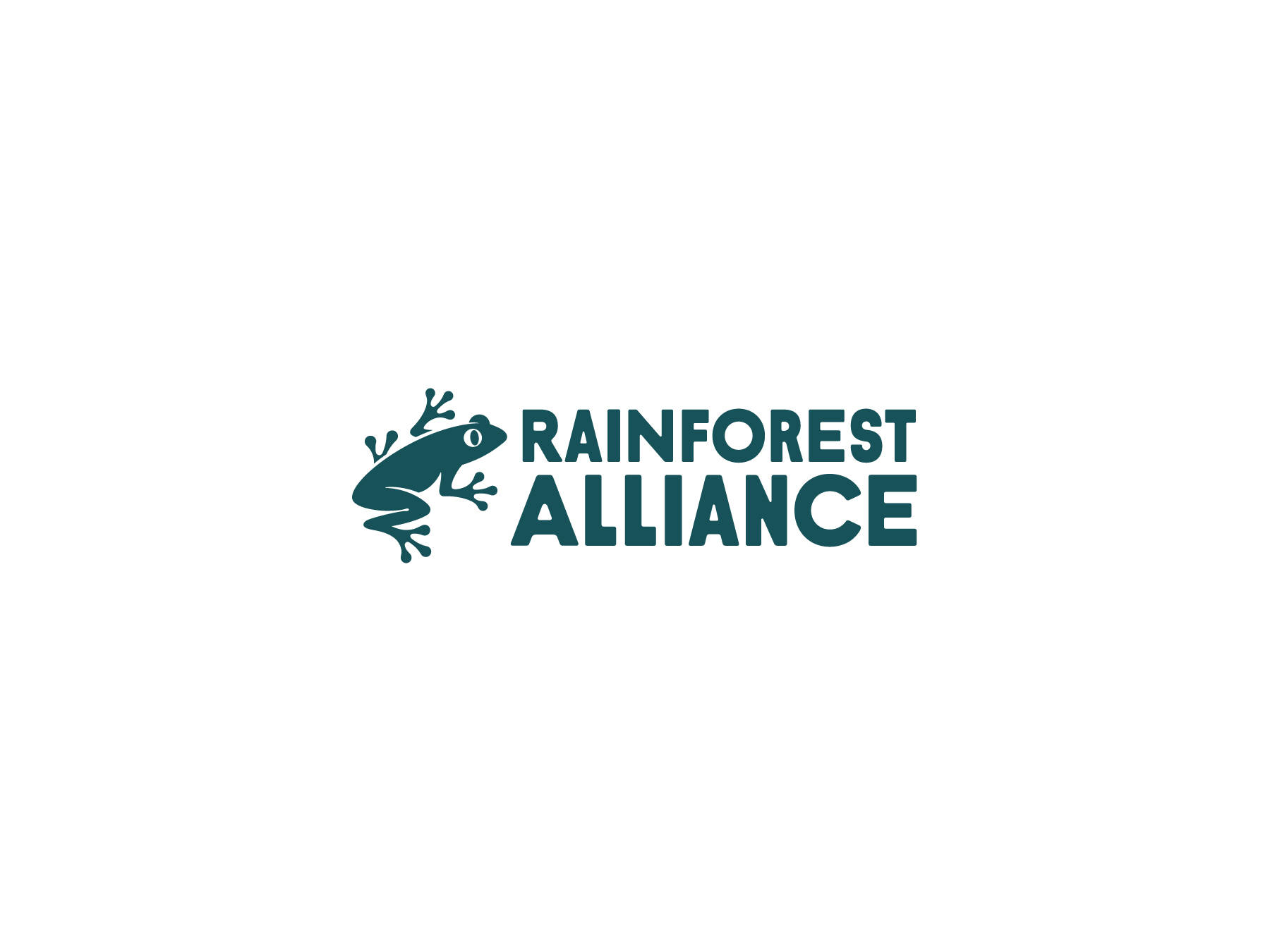
Rainforest Alliance Certified, partners with diverse allies around the world to protect forests and biodiversity, take action on climate, and promote the rights and improvement of the livelihoods of rural people.
Featured Project
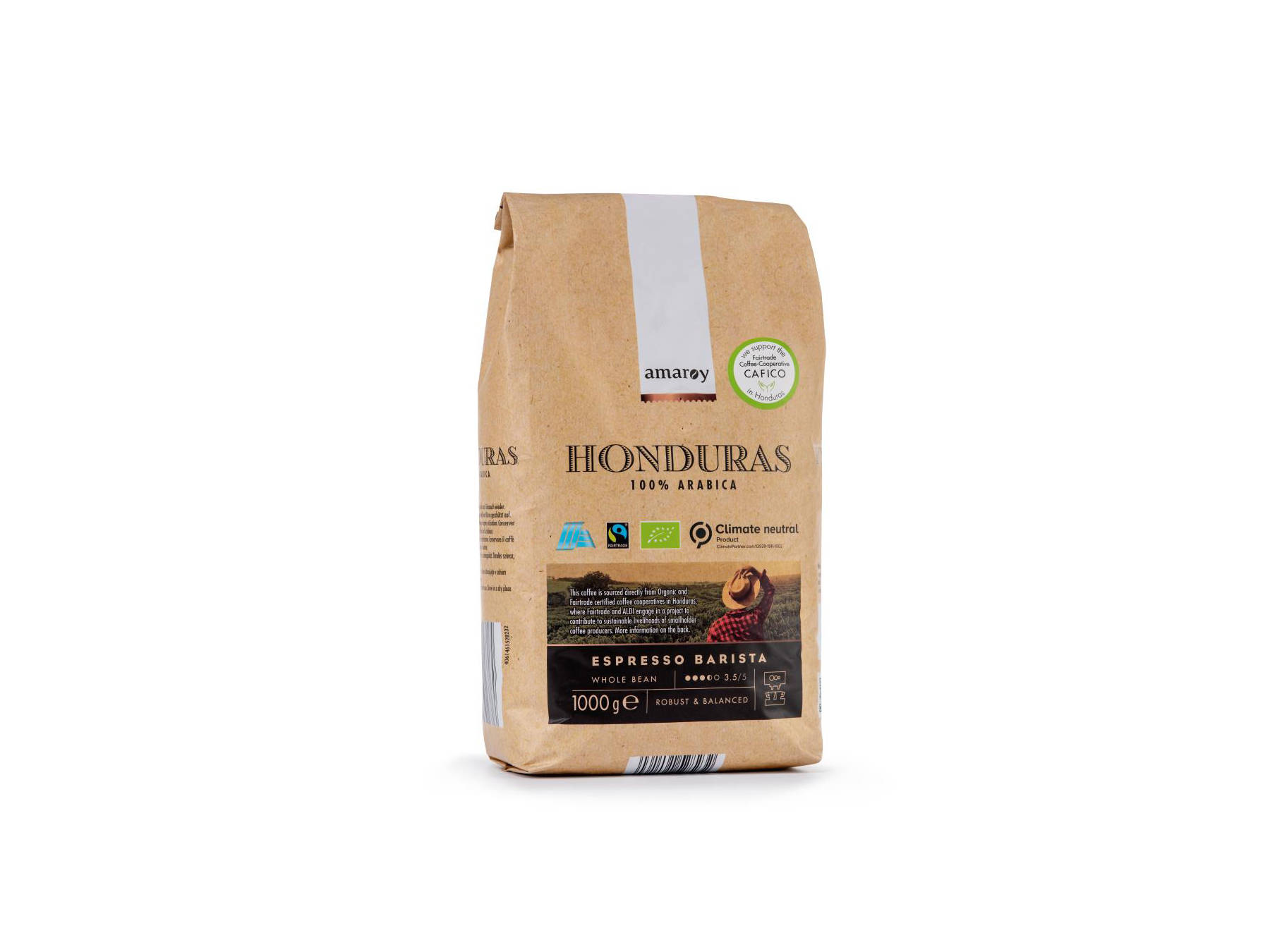
Honduras Coffee Project
Coffee is the most important agricultural export in Honduras, and coffee farmers face challenges daily due to local governments, volatile coffee pricing and the impacts of climate change. In 2016, in partnership with Fairtrade International, we launched the Honduras Coffee Project, an effort to respond to the needs of local coffee producers and further develop supply chain responsibility while creating lasting impact on the ground. The project focused on 16 farmer cooperatives to help strengthen organizational capacities, improve ecological practices and overall coffee quality, while improving the lives of women, youth and indigenous groups in the region. As a result of the project, 83% of participating cooperatives made a profit during the project length, and 68% have reduced the use of agrochemicals and are supporting new income streams.
Learn more about the Honduras Coffee Project.